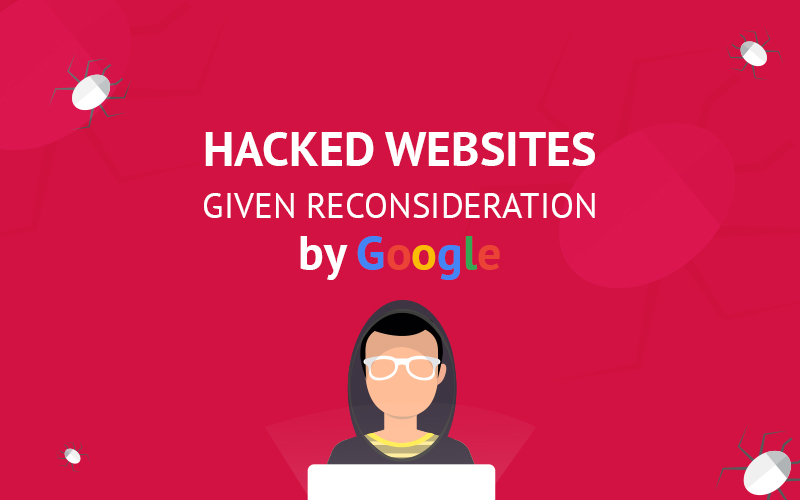Hacked Websites Given Reconsideration by Google
Google’s annual “Year in Review” post has revealed that they have noticed a sharp increase in the volume of hacked sites by around 32% last year compared to their findings back in 2015. The worst part about it is that Google believes that the number can only go up and not down. The reason for this is because hackers with malicious intent are always improving while a lot of websites stagnate which will result to hackers continuing to infect more and more websites as the time passes.
Google notes, however, that 84% of webmasters who apply for reconsideration are actually able to clean their websites successfully. One problem that Google is continuing to tackle is that 61% webmasters that were hacked never received any notifications from Google because their websites could not be verified with the Search Console.
The best way to resolve or avoid such issues would be by directly applying or registering your website to Google Search Console especially if you are the administrator or the manager for your website. The reason for this is because Search Console is actually Google’s primary channel for website health alert communications.
Google expressed their sincerity in helping Web Masters with their security issues and they proved it by creating documentation that would provide more context for when a website is attacked or compromised. Here’s Google’s list:
- Top Ways Websites Get Hacked by Spammers
- Glossary for Hacked Sites
- FAQs for Hacked Sites
- How do I know if my site is hacked?
Google’s next step in taking on web sites attacks come in the form of clean-up guides. Google took in reports and analyzed similar attacks so that they could come up with attack clean-up guides for every specific known form of hack. Here’s a screenshot that I took from Google’s blog post.
Here are the links for their clean-up guides:
Key Takeaway
Google and I agree in the fact that the best way to go about this problem is by solving it before it even happens. The fact of the matter is that it is actually easier to prevent attacks on your website than cleaning up afterward. You have to remember that while hackers are malicious by nature, it is also the responsibility of the website administrator or manager to take care of the website whether through maintenance or at least researching on methods to keep it secure.
One of the easiest “first steps” towards securing your website that you can take is by keeping yourself up-to-date with Google’s Webmaster Blog. Secondly, you can also keep yourself updated with your Content Management System (CMS) provider and your software and/or hardware vendors. Remember that in the digital age, knowledge is power and if you equip yourself well enough, then you will be able to protect and grow your website well.
It is worth noting that hackers and hacking itself is an art that will continue to grow over the years. Constant research on both Google and the end-users’ part is the only thing that can keep your website safe and secure. Please keep yourself up-to-date by checking out Google’s releases as well as by reading the content that SEO Hacker releases weekly.
What are your thoughts on hacking behavior? Have you ever experienced an attack on your website? Let’s talk about it in the comments section below. I’d love to hear your thoughts.

